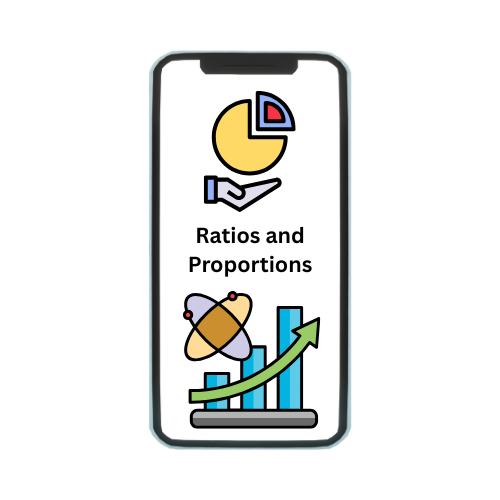REITs, or real estate investment trusts, are companies that own or finance income-producing real estate across a range of property sectors. These real estate companies have to meet a number of requirements to qualify as REITs. Most REITs trade on major stock exchanges, and they offer a number of benefits to investors.
Real estate investment trust is a company that owns, operates or finances income-producing real estate. REITs provide an investment opportunity, like a mutual fund, that makes it possible for everyday Americans—not just Wall Street, banks, and hedge funds—to benefit from valuable real estate, present the opportunity to access dividend-based income and total returns, and help communities grow, thrive, and revitalize.
Understanding REITs
REITs allow anyone to invest in portfolios of real estate assets the same way they invest in other industries – through the purchase of individual company stock or through a mutual fund or exchange traded fund (ETF). The stockholders of a REIT earn a share of the income produced – without actually having to go out and buy, manage or finance property. Approximately 145 million Americans live in households invested in REITs through their 401(k), IRAs, pension plans, and other investment funds.
What are the benefits and risks of REITs?
REITs offer a way to include real estate in one’s investment portfolio. Additionally, some REITs may offer higher dividend yields than some other investments.
But there are some risks, especially with non-exchange traded REITs. Because they do not trade on a stock exchange, non-traded REITs involve special risks:
Lack of Liquidity: Non-traded REITs are illiquid investments. They generally cannot be sold readily on the open market. If you need to sell an asset to raise money quickly, you may not be able to do so with shares of a non-traded REIT
Conflicts of Interest: Non-traded REITs typically have an external manager instead of their own employees. This can lead to potential conflicts of interests with shareholders. For example, the REIT may pay the external manager significant fees based on the amount of property acquisitions and assets under management. These fee incentives may not necessarily align with the interests of shareholders.
How Do REITs Make Money?
Most REITs operate along a straightforward and easily understandable business model: By leasing space and collecting rent on its real estate, the company generates income which is then paid out to shareholders in the form of dividends. REITs must pay out at least 90 % of their taxable income to shareholders—and most pay out 100 %. In turn, shareholders pay the income taxes on those dividends.
mREITs (or mortgage REITs) don’t own real estate directly, instead they finance real estate and earn income from the interest on these investments.
Why invest in REITs?
REITs historically have delivered competitive total returns, based on high, steady dividend income and long-term capital appreciation. Their comparatively low correlation with other assets also makes them an excellent portfolio diversifier that can help reduce overall portfolio risk and increase returns. These are the characteristics of REIT-based real estate investment.






